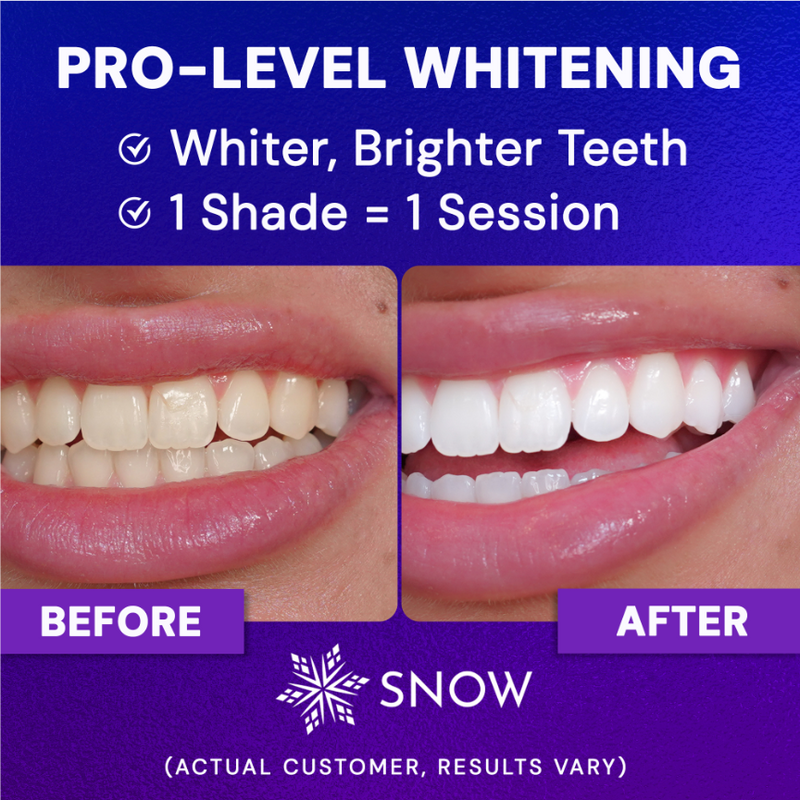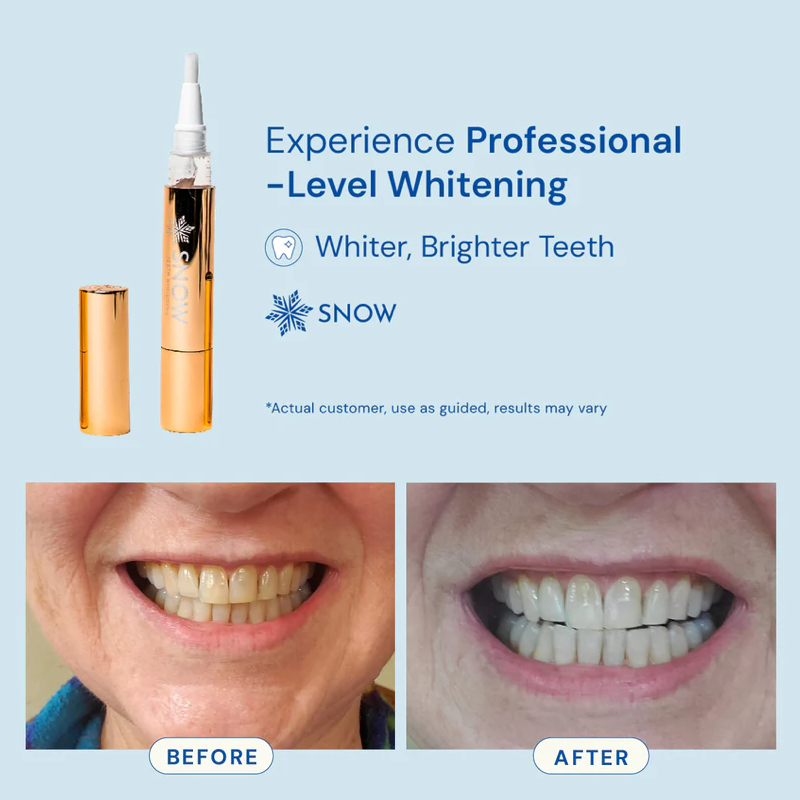Dentures are one of the most effective ways to repair lost teeth. Implant-retained dentures, also known as snap-on dentures or artificial teeth, are the best and most secure alternative for patients looking to replace all of their lost teeth and improve their natural ability to eat and smile with false teeth opposed to conventional dentures.
Because of the dental implant support, a complete upper or lower jaw denture set can be constructed into a horseshoe shape attached to a metal bar, allowing for more tongue space and exposing the palate to increased temperature and taste sensations. This page discusses the overall cost of implant-supported dentures and the wide varieties of conventional and implant-supported dentures available.
What Exactly is an Implant-Supported Denture?
Patients who have lost their upper or lower teeth might benefit from implant-retained dentures as a permanent tooth replacement solution to temporary dentures.
Four to eight implants are often surgically inserted deep into your jawbone. The dentures are then attached to the implants by your oral surgeon. They are comfortable to wear and don't hurt your chewing ability; those regular dentures do not.
Snap-in or snap-on dentures are another terms for implant-supported dentures.
Candidates must have a significant quantity of high-quality bone in their upper or lower jaw. This operation will not be available to all patients. Additional treatments, such as bone grafts or other oral surgery, may be required to attach the dental implant before a second surgery.
There are two kinds of dental implants.
Unlike a traditional removable denture, which rests on the gums and may be linked to natural teeth, dental implant-supported dentures are kept in place by implants through the gum tissue into the jaw. Implants are connected to a surgically fixed foundation that is affixed to the jawbone. Once your dentist has determined that you are a suitable candidate for implants, including having enough jawbone, they will choose the two types of implants to utilize.
A thin metal rod is attached to two to five implants in the jawbone. Clips or similar devices secure the denture to this bar.
Ball-retained dentures, also known as stud-attachment dentures, often have sockets that fit into ball-shaped connections on the implants. (Called an OVER DENTURE)
What Material Is Used in Implant-Supported Dentures?
Your dental surgeon often used titanium screws to insert four to six implants into your jawbone. The screws will then be given enough time to mend and integrate with your jawbone before the prosthetic teeth are attached to them.
There are two types of implant-supported dentures: (SCREW RETAINED IS ALSO AN OPTION AND IS THE BEST). THEY ARE CALLED HYBRIDS.
- Bar-Retained Dentures
- Ball-Retained Dentures
Both types of dentures have an acrylic foundation. This material is designed to look and feel like your teeth and gums. Single dentures require at least two dental implants for primary retention and more for natural support. Your dentist can decide the appropriate amount of dental implants for your unique circumstances with a thorough examination.
What Exactly Are Traditional Dentures?
For generations, traditional dentures were the treatment of choice for missing teeth. The oldest dentures are thought to have been used as early as the 7th century BC. They were rather prevalent by the early 1800s, at least for those who could buy them.
By the twentieth century, mass manufacturing and quick technological improvements had reduced costs while radically enhancing fit and look. Dentures nowadays seem incredibly lifelike, and a skilled dentist can improve the fit for optimal comfort and biting abilities. They are a low-cost solution that can produce satisfactory outcomes for most people.
Traditional dentures, however, have certain restrictions due to their nature. They lay on your gums, reducing bite power and increasing the possibility of slippage. Upper dentures are sturdy than lower dentures because they contain an acrylic palate that suction-fits to the roof of the mouth. However, the same palate that gives stability influences food flavor and texture.
Furthermore, denture users risk jawbone loss owing to resorption, a physiological process. This means dentures must be adjusted often and might cause wrinkles and other indicators of premature aging.
Procedure for Implant-Supported Dentures
The complete implant-supported denture process might take four to six months.
You will first have the dentists take x-rays before the implant surgery begins to check your jaw. Then you have an appointment for implant surgery. The surgeon will make an incision in your gums to reveal your bone. The implants will subsequently be inserted deep into the bone. This might take anywhere from two to six months to recover. The implants and bone will fuse during this period. This is known as osseointegration. It enables the implants to serve as a solid anchor for your dentures.
You may require a second operation, depending on your surgeon's method. The surgeon will expose your implants and insert extensions known as abutments. This will finish the base for the fake teeth. If the implants already have extensions connected, this step may be skipped.
Your dentist will take a mold of your arch once the implants have healed. They will then submit it to the lab that will make your complete set of dentures. They will be mailed to your dentist, who will install them in your mouth after they are done.
Post-Care
Remember that while your denture is solid, it might shift somewhat when chewing, leaving uncomfortable places on your gums. Following denture insertion, your dentist will examine your gums and bite. Be aware that a bar-retained denture has its own set of dangers, including:
Loose teeth: Because there is less room available on the denture framework, you may be in danger of teeth breaking loose from the foundation.
Passive fits: Extra strain is created when the bar is not uniformly balanced on each implant, causing screws to loosen.
Denture fracture is caused by teeth grinding or clenching.
Replacement: The clip or other attachments must be changed every six to twelve months.
Pros and Cons
Pros
The following are some advantages of implant-supported dentures:
- Fixed implant dentures are comfortable and natural-looking in your mouth.
- Implants make it possible to talk, smile, and eat more efficiently.
- Implants provide the greatest bite, allowing you to eat a wider variety of foods.
- Implants help to reduce bone loss and gum disease.
- Implants have a considerably longer lifespan than any other therapy.
- Cleaning your natural teeth is quite comparable to cleaning your implants.
Cons
The following are some disadvantages of implant-supported dentures:
- Dentures supported by implants cost more than regular dentures.
- The majority of insurance plans do not cover implant costs.
- The implant process takes between two and six months to complete.
- Patients with low jawbone density may require a bone graft or may be ineligible for this procedure.
FAQs
Are implant-supported dentures better?
Compared to standard dentures, implant-supported dentures give a higher quality of life. They are the most effective method of completely replicating the function and look of natural teeth.
Does food get under implant-supported dentures?
Yes, getting food caught behind them is possible in some situations. Still, with a bit of caution and care, you can generally remedy this problem.
What is the difference between all on four and implant-supported dentures?
Implant-supported dentures are less expensive than All-on-4s, making them an inexpensive option for tooth loss. Implants promote bone health and help to minimize sunken features caused by tooth loss. The All-on-4 option employs more implants, making it a more durable alternative. Also, the denture is secured by screws in the all of 4 procedure and is not meant to be removed. The over denture is removable.
Are implant-supported dentures the same as implants?
Overdentures are a form of the implant-supported denture. Implants in the patient's gums help to support this. Traditional dentures are supported by implants in the mouth and rest on the gums. An implant-supported denture can be utilized if a patient has an adequate bone in the jaw for the implants.





































































